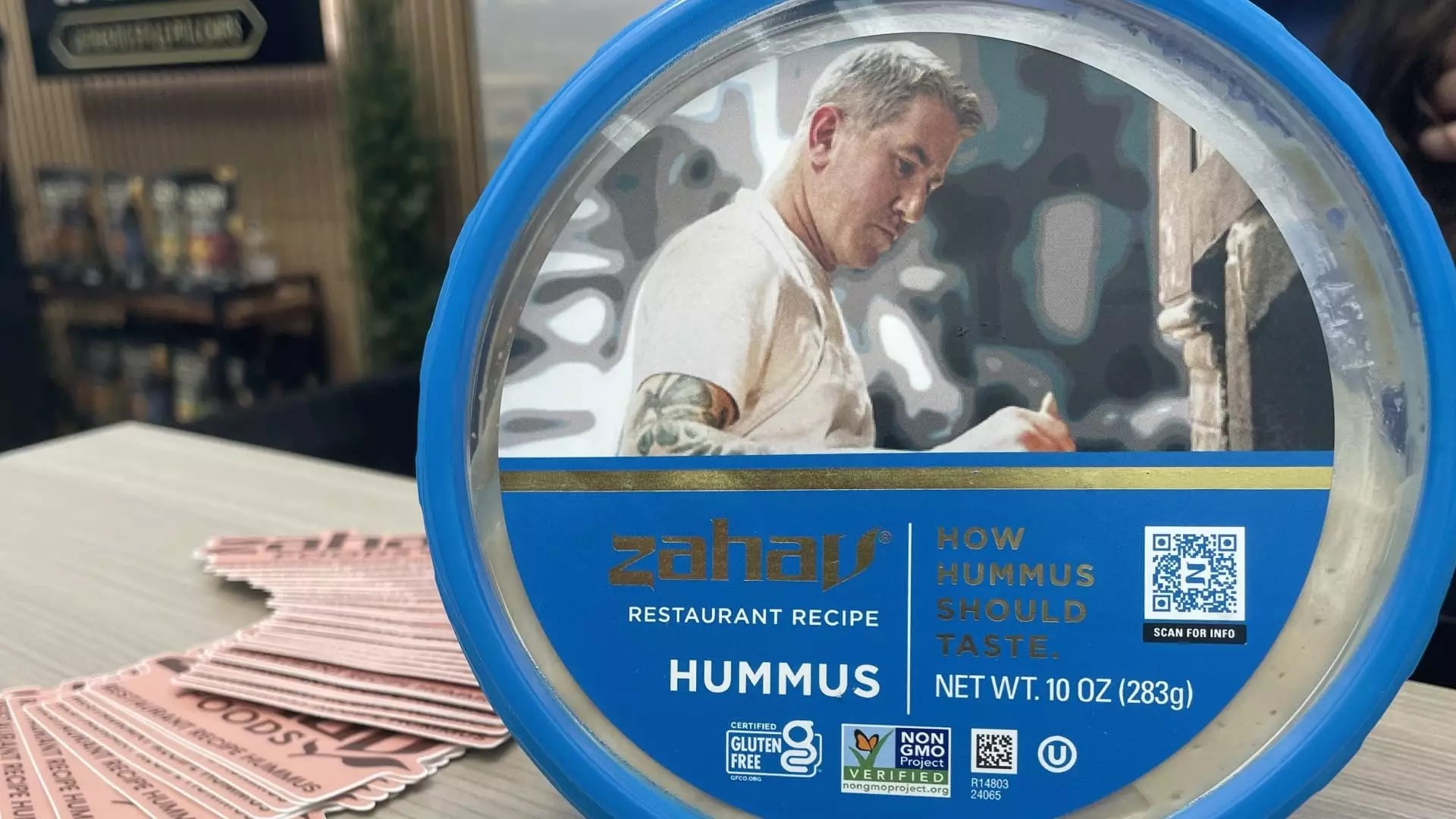In the era of relentless marketing and trend-driven consumption, the food industry often masquerades as innovative while masking its reliance on fleeting fads. Events like the Summer Fancy Food Show reveal much more than the superficial allure of new condiments or flavor infusions; they expose a fundamental flaw in how modern consumers are encouraged to perceive progress. Truly meaningful culinary advancement should stem from quality, tradition, and authenticity, yet what we often see are superficial gimmicks dressed up as the next big thing. Infused olive oils with exotic flavors, exotic chocolates, and “swicy” concoctions—these may catch the eye momentarily, but they frequently lack longevity and substance. Behind the hype, there’s a deeper concern: the erosion of genuine culinary craftsmanship in favor of rapid, profit-driven gimmickry. An industry obsessed with chasing trends risks diluting the very essence of food—its capacity to nourish and connect.
The Mirage of Authenticity and Its Pitfalls
The food industry’s obsession with marketing ephemeral trends undermines authentic culinary culture. Take the example of olive oils infused with harissa or finished in sherry casks—these are tastier forms of a classic staple, yet they are marketed as breakthroughs. Such innovations, while appealing, offer little truly new; they simply rebrand traditional flavors under trendier labels. More troubling is how these modifications are often driven by the desire to appear cutting-edge rather than to genuinely improve or deepen our appreciation of food. When trends like Dubai chocolates or funky hot sauces dominate conversation, they also threaten to overshadow time-honored recipes rooted in cultural history. This superficial buzz distracts consumers from more meaningful culinary pursuits—like supporting local farmers, respecting seasonality, or celebrating age-old techniques passed down through generations.
Consumer Fatigue and the Short Shelf Life of Trends
Historically, trade shows such as the Summer Fancy Food Show serve as essential platforms for launching new products and setting food trends. Yet, the fleeting nature of many of these trends reveals a disturbing pattern: quick burnout. The hype surrounding things like Dubai chocolates, with their Instagram-friendly aesthetics, dims rapidly once the next shiny object is introduced. This phenomenon indicates a capital-driven cycle of constant novelty without genuine depth or sustainability. Consumers are often left with products that are quickly forgotten, replaced by the next viral sensation. Such a cycle fosters skepticism and fatigue among informed consumers, urging them to question the real value of these so-called innovations. Instead of fostering lasting culinary progress, a focus on transient trends encourages a culture of disposability—where food is viewed more as Instagram material than sustenance.
Economic and Cultural Implications of Trend-Centric Food Development
On an economic level, the relentless chase for trends can distort priorities in food production. Small producers are pressured to chase ephemeral fads at the expense of quality, tradition, or nutritional value. Large corporations, ever eager to capitalize, often overpower authentic artisans, turning food into a commodity of hype rather than a reflection of cultural heritage. Culturally, this evolution plays into a broader erosion of culinary authenticity. Instead of celebrating regional delicacies or age-old recipes, our food landscape becomes a patchwork of manufactured flavor profiles designed solely for consumer gratification. Meanwhile, the focus on trendy condiments, infused oils, and novelty chocolates risks homogenizing global cuisine, reducing it to a series of superficial dips and sauces instead of respecting its diversity and depth.
The Perils of Equity and the Call for Authentic Leadership
In this trend-driven environment, there is also a significant risk of marginalizing those committed to genuine culinary integrity—local farmers, traditional artisans, and culturally rooted chefs. Their craftsmanship is often overshadowed by big brands framing the latest whimsy as innovation. A balanced, center-right approach favors empowering these authentic voices rather than succumbing to the siren calls of short-term gimmicks. True progress in the food industry must embrace responsible innovation—supporting local economies, protecting culinary diversity, and resisting the lure of superficial novelty. By doing so, we foster a healthier, more sustainable food culture rooted in integrity rather than fleeting trends.
The Risks of a Trend-Driven Future
If the industry continues down its current path, driven by superficial trends and viral fads, the long-term consequences could be dire. We risk losing touch with our culinary roots, replacing authentic food experiences with manufactured sensations. Moreover, consumers are being conditioned to equate novelty with value, which can erode trust and appreciation for truly quality products. As for health, many of these trends—such as exotic oils or infused condiments—offer little evidence of genuine nutritional benefit, instead catering to aesthetic or sensory whims. This relentless pursuit of the next big thing ultimately undermines the very foundation of good food: nourishment, tradition, and authenticity. If we are to redefine our culinary future successfully, it must be built on principles of durability, respect, and depth—values that trend-chasing simply cannot sustain.


Leave a Reply